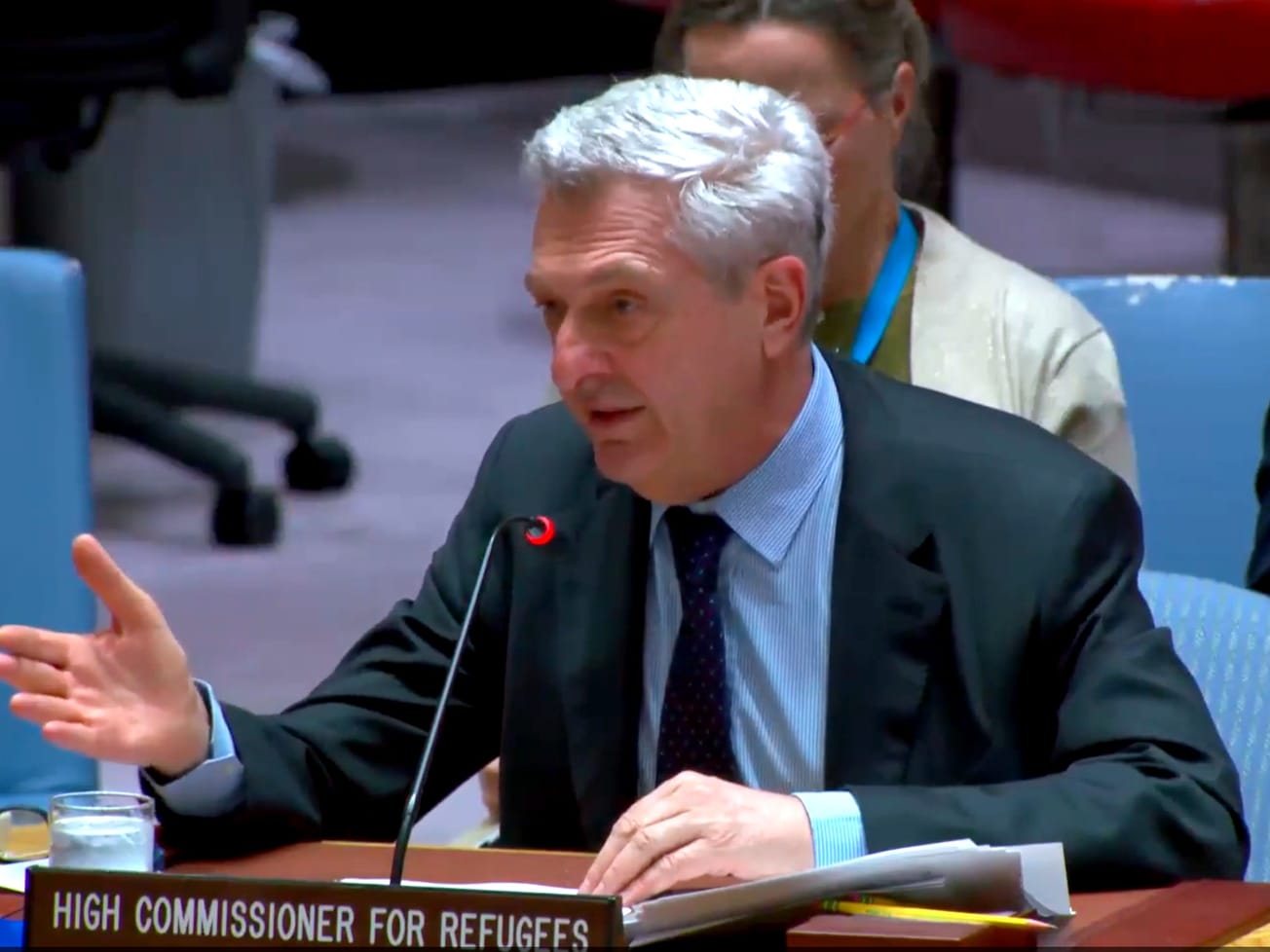The United Nations' refugee chief called Israel's airstrikes in Lebanon a violation of international humanitarian law.
What's new: Filippo Grandi, the U.N. high commissioner for refugees, said on a visit to Beirut on Sunday that Israel's bombardment targeting Iran-backed Hezbollah unlawfully hit civilian infrastructure and killed civilians.








